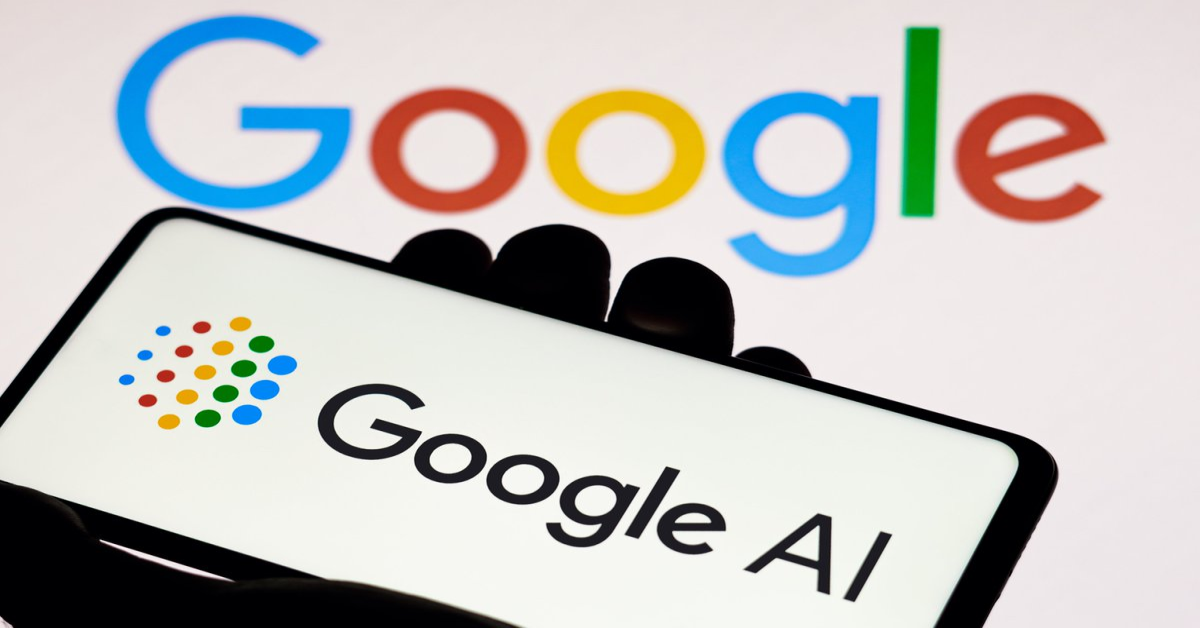In an era where the lines between reality and digital fabrication are increasingly blurred, Google’s recent announcement serves as a timely reminder of the responsibilities tech giants have in ensuring transparency and authenticity in the digital realm. As reported by Shiona McCallum for the BBC, Google has decided to mandate that political advertisements on its platforms disclose when they have utilized artificial intelligence (AI) to create images or audio. This move comes in light of the escalating use of AI tools that generate synthetic content, often misleading the public with fabricated narratives.
The decision, scheduled to be implemented this November, is strategically timed a year ahead of the next US presidential election. The implications of this are clear: with the growing fears that AI could amplify disinformation campaigns, Google is taking proactive measures to ensure that the public is not deceived by manipulated content during crucial political events.
While Google’s existing policies already prohibit the use of digital media to deceive users on political and public matters, this new update takes it a step further. Election-related advertisements will now have to “prominently disclose” if they contain any “synthetic content” that portrays real or seemingly real individuals or events. Suggested labels such as “this image does not depict real events” or “this video content was synthetically generated” will serve as clear indicators to users.
The necessity of such a move is underscored by recent events. For instance, the AI-generated image of former US President Donald Trump being arrested, or the deepfake video of Ukrainian President Volodymyr Zelensky discussing a surrender to Russia. Such instances not only mislead the public but can also have significant political repercussions.
However, it’s not just about the creation of fake content; it’s also about the rapid advancements in the generative AI field. The pace at which AI tools are evolving, combined with their potential misuse, is alarming. While manipulated imagery isn’t a novel concept, the ease and speed with which it can now be produced and disseminated is a growing concern.
In conclusion, Google’s move is commendable and necessary. As AI continues to advance, it’s imperative for tech giants to stay ahead of the curve, ensuring that the digital space remains transparent and trustworthy. It’s not just about preventing disinformation; it’s about preserving the integrity of our digital discourse.
Source: “Google: Political adverts must disclose use of AI” by Shiona McCallum, BBC.






